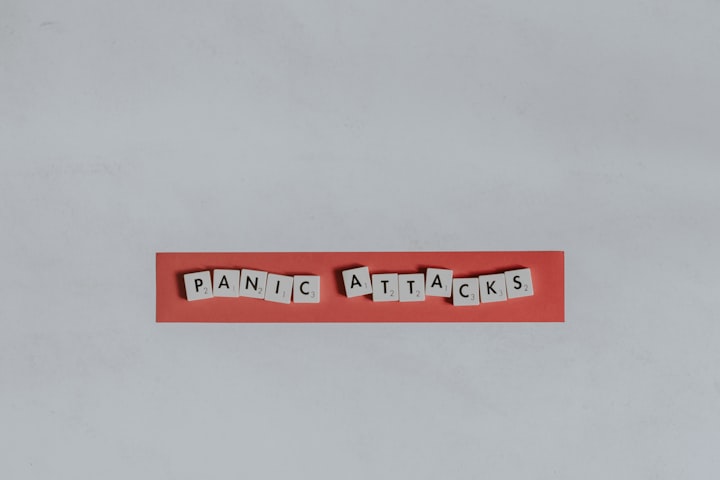5 Therapist-Recommended Tools to Deal With Anxiety
5 Therapist-Recommended Tools to Deal With Anxiety
Anxiety is a common and natural response to stressful situations, and it is normal to feel anxious from time to time. However, when anxiety becomes chronic, it can negatively affect a person's mental and physical health, relationships, work, and overall quality of life. Fortunately, there are therapist-recommended tools that can help individuals deal with anxiety and regain control of their lives.
Cognitive Behavioral Therapy (CBT)
CBT is a type of talk therapy that has been proven to be effective in treating anxiety disorders. CBT focuses on identifying negative thought patterns and replacing them with positive, more realistic ones. During CBT sessions, individuals learn to identify triggers that cause anxiety, challenge irrational beliefs, and develop coping strategies. CBT can be conducted individually or in a group setting and usually involves weekly sessions. This type of therapy is evidence-based and has been shown to be effective in treating various anxiety disorders, including generalized anxiety disorder, social anxiety disorder, and panic disorder.
Mindfulness-Based Stress Reduction (MBSR)
MBSR is a type of meditation-based therapy that focuses on increasing awareness of the present moment. The goal of MBSR is to help individuals learn to observe their thoughts and emotions without judgment and to develop a more compassionate and accepting attitude towards themselves. MBSR typically involves weekly sessions that teach individuals how to incorporate mindfulness practices into their daily lives, such as meditation, body scans, and mindful breathing exercises. MBSR has been shown to be effective in reducing symptoms of anxiety and depression and improving overall mental well-being.
Relaxation Techniques
Relaxation techniques such as deep breathing, progressive muscle relaxation, and guided imagery can help individuals deal with anxiety by reducing tension and promoting relaxation. Deep breathing involves taking slow, deep breaths in through the nose and out through the mouth, while progressive muscle relaxation involves tensing and then relaxing different muscle groups in the body. Guided imagery involves visualizing peaceful or calming scenes to promote relaxation. These techniques can be practiced on their own or in combination with other therapies, such as CBT or MBSR.
Exposure Therapy
Exposure therapy is a type of therapy that involves gradually exposing individuals to the situations or objects that cause anxiety in a controlled and safe environment. The goal of exposure therapy is to help individuals learn to confront and overcome their fears by gradually exposing them to anxiety-provoking stimuli. This type of therapy is often used to treat phobias, social anxiety disorder, and obsessive-compulsive disorder. Exposure therapy can be conducted in a therapist's office or in real-life situations and typically involves weekly sessions.
Medication
Medication can be an effective tool for dealing with anxiety when used in conjunction with other therapies. Antidepressants and anti-anxiety medications can help reduce symptoms of anxiety by altering the levels of neurotransmitters in the brain. However, medication should only be used under the guidance of a healthcare professional, as it can have side effects and interact with other medications. Additionally, medication alone is not a long-term solution for anxiety and should be used in combination with other therapies.
In conclusion, anxiety can be a debilitating condition that negatively affects an individual's mental and physical health, relationships, work, and overall quality of life. However, with the right tools and therapies, individuals can learn to manage their anxiety and regain control of their lives. Therapist-recommended tools such as CBT, MBSR, relaxation techniques, exposure therapy, and medication can be effective in treating anxiety disorders and improving overall mental well-being. If you or someone you know is struggling with anxiety, it is important to seek help from a healthcare professional who can provide guidance and support in finding the right treatment approach.






Comments
There are no comments for this story
Be the first to respond and start the conversation.